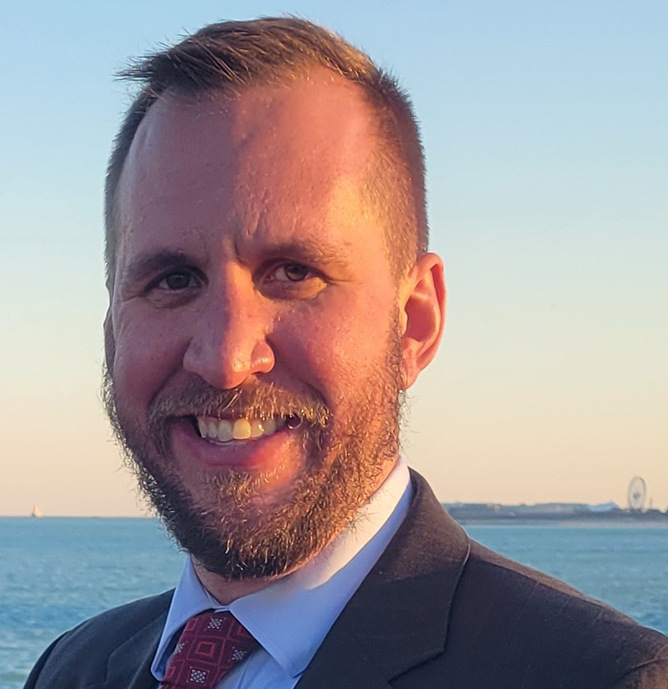New faculty member brings water expertise to growing program

Scott Banjavcic has joined civil, materials, and environmental engineer’s growing faculty as a clinical associate professor.
Banjavcic’s primary expertise is water resources engineering, and he will be teaching undergraduate and graduate courses related to this field.
“The new environmental engineering degree provides a wonderful opportunity to grow the CME curriculum in water-related areas,” he said. “I have more than a decade of experience teaching fundamental engineering courses such as statics, strength of materials, and engineering economy and probability. I enjoy teaching all ages and levels of students.”
His goal as a faculty member is to connect students’ knowledge of the fundamentals of physics and math to real-world design applications. He plans to introduce tough engineering concepts and connect them to the software programs and tools that most students will use in industry.
“I feel that our bachelor’s and master’s degree programs should expose students to the current standard of practice and equip them with critical thinking skills to thrive as engineering professionals,” he said.
Another of his major goals is to bring the real world into the classroom. As a part of that objective, he would like to see more students involved in extracurricular activities, obtaining internships, and connecting with industry professionals.
“I would like to deepen the ties between the CME department and our wonderful industry partners in our great city,” he said.
In addition to teaching in the classroom, he plans to continue open channel flow research, which will focus on alternative methodologies to obtaining 3D water velocity maps for rivers and streams. He wants to continue exploring the hypothesis that longitudinal measurements can predict velocities for a river reach scale more effectively than collecting stationary measurements or measurements along transects.
“More precise velocity mapping for river reaches could have a direct impact for engineering topics such as determining areas of scour and deposition, estimating habitat suitability, calculating dispersion of pollutants, calibrating 2D and 3D hydrodynamic models, and more,” he said. “I believe that the longitudinal data collection approach has significant value as an important tool for a hydrologist’s toolbox to better solve complex open channel flow problems.”
Before joining UIC, he was a professor at the College of DuPage. He is an active member in the American Society of Civil Engineers and the Water Environment Federation and maintains his license as a professional engineer in Illinois. In 2024, he was awarded a League Excellence Award for Innovation in Teaching in the Community College. Banjavcic earned his PhD in 2018, a masters in 2009, and a bachelor’s degree in 2008, all in civil engineering from the University of Illinois Urbana-Champaign.